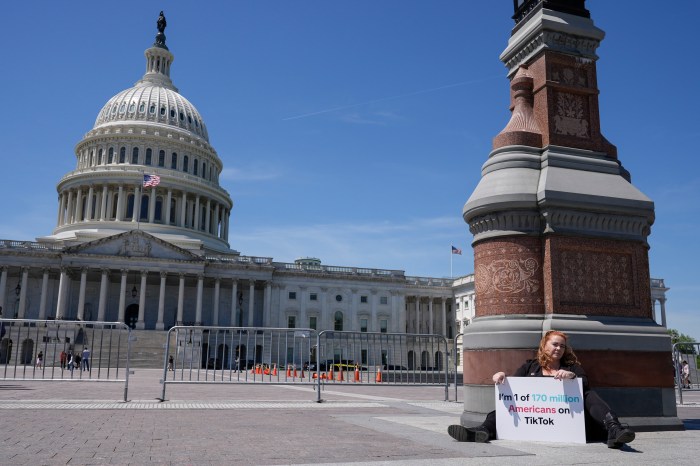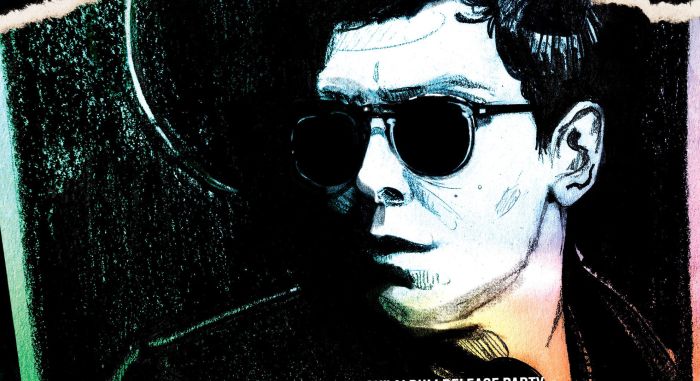Paul Verhoeven, no stranger to controversy over the course of a long career, embraces the potential for it once again in “Elle,” his new movie opening Friday.
The man who once made “Showgirls” and “Basic Instinct” returns with the story of a Parisian video game executive named Michèle (Isabelle Huppert), who is raped by a masked home invader and launches her own investigation to uncover the assailant.
It’s an unconvential treatment of a difficult subject, filled with dark humor, stark violence and twisted psychosexual dynamics.
It’s the kind of movie, in other words, that’s hard to make in Hollywood these days. Verhoeven tried, couldn’t get it off the ground and eventually took the project to France.
“The discourse about rape that is in the United States in the last couple years, and certainly to a certain degree in the election, it’s not so much the situation of the rape itself, which is mostly a thriller element and, of course, a moral situation,” Verhoeven says. “… In an American way of making movies, the third act should be about revenge. This movie is not about that.”
Without elaborating, the picture takes a “politically incorrect” turn at that point, Verhoeven says, and the Los Angeles-based Dutch filmmaker, 78, speculates that’s what kept him from making his first movie stateside since 2000’s “Hollow Man.”
Enter Huppert, one of the great actresses working today and no stranger herself to parts that demand a difficult emotional terrain. She’d been intrigued by the material since reading the Philippe Djian source novel “Oh…” and waited patiently as Verhoeven sought an American star.
“We didn’t talk much about character, we didn’t talk about Freudian explanations or the psychology of the character,” Verhoeven says. “I think it was clear from the way she talked about the book and the script that she understood fully well from the beginning what this would be.”
Certainly, “Elle” has been well received, earning an enthusiastic response at the Cannes Film Festival and standing as France’s official foreign-language nominee for the Oscars.
It’s a long way removed from the critical response to, say, “Showgirls,” which was infamously savaged by critics and audiences upon its 1995 release.
Verhoeven has been directing movies since the 1960s and he’s weathered all kinds of storms. But, he says, that long experience hasn’t made him immune to caring about the way his pictures are received.
“Of course, there has been criticism of the movie and some people really feel uncomfortable and disturbed by what happens in the movie, but in general the reactions, certainly from the female side, are really positive,” Verhoeven says. “As I said, I’m surprised that everybody warning me from the beginning, ‘This is going to be very controversial.’ This controversy didn’t start.”
5 must-see Verhoeven films
The films of Paul Verhoeven have inspired derision, admiration and debate for decades. Concurrent to the release of “Elle,” the Film Society of Lincoln Center is offering a retrospective of his work. It commences tonight and runs through Nov. 23. These are some highlights worth seeking out on the big screen. For the full roster and showtimes, visit filmlinc.org.
1. ‘Total Recall’ — This is the pinnacle of Verhoeven’s career, a Philip K. Dick adaptation starring Arnold Schwarzenegger on Mars that is smart, stylish and fun in equal measure.
2. ‘Starship Troopers’ — The art of subversive sci-fi satire, a speciality of Verhoeven’s, is skillfully displayed in this picture about hard-edged soldiers battling interstellar insects.
3. ‘Showgirls’ — Let’s be clear, Verhoeven’s sensational flop about a young Elizabeth Berkley making her way as a showgirl through Las Vegas’ glammed-up sleaze, is often hilariously bad. But it’s also never less than entertaining.
4. ‘Turkish Delight’ — Verhoeven got an Oscar nomination for his second film, one of a half-dozen he made in his native Netherlands before going Hollywood in the mid-’80s, a tumultuous love story starring Rutger Hauer and Monique van de Ven.
5. ‘RoboCop’ — This iconic picture about the eponymous humanoid officer in a futuristic, dystopian Detroit works on a surface technological level and as a deeper commentary about the militarization of America’s police.

















